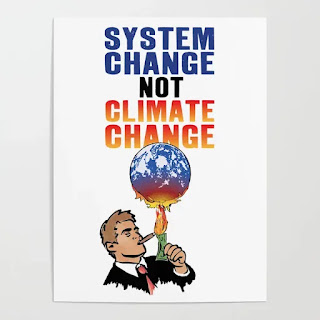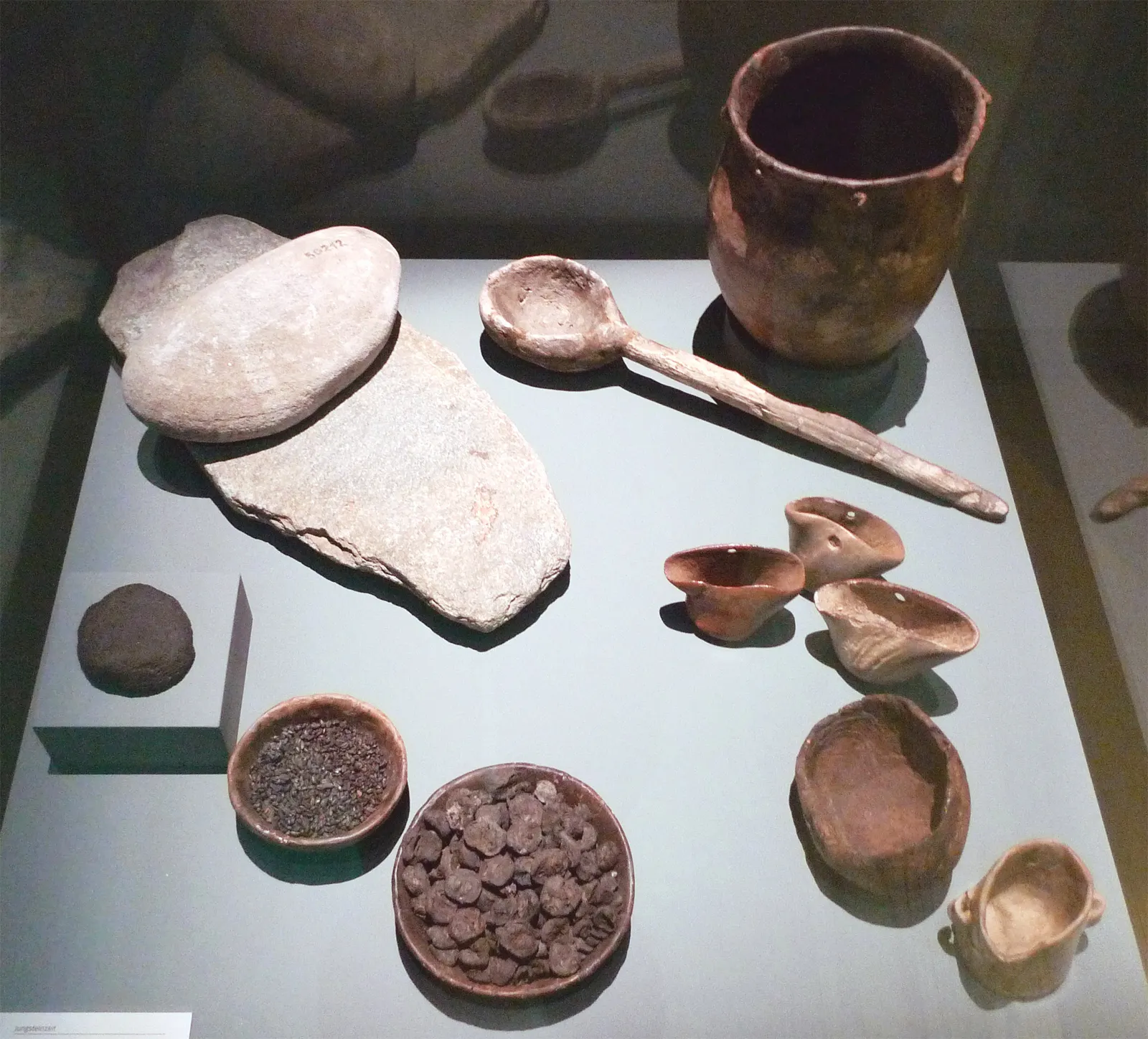Confirmation Bias is present in nearly every aspect of life. Most stand on behalf of their own beliefs, but it is up to that individual to either use certain information to their own personal advantage or use information in an educational regard that may not necessarily align with their beliefs. Bias, in the name, refers to the favoring of one's opinion, and the tendency to persuade others to align themselves with said opinion or idea. Seeking out information to support one's idea prevents exposure to alternate perspectives. A post on SimpleWeb proposes that "...confirmation bias is an inherent part of the human brain" which in turn, may indicate how the favoring of one's opinion is a subconscious cognitive action.
Confirmation bias can be used strategically, and utilized to market toward a particular audience. In marketing, for example, one may refer to confirmation bias to make more precise decisions and advertising tactics. Preexisting beliefs may help a marketer propose information that already aligns with the vast majority, and dismiss evidence or information that counteract those beliefs.
Despite the few benefits of confirmation bias, it is commonly referred to as a general cognitive flaw. It blinds an individual from receiving a clear view of things. In a post on Medium, various examples of conversation bias are at play. A major source of confirmation bias is demonstrated in politics.
 |
| Public Advocacy Against Climate Change |
As seen in law enforcement time and time again, confirmation bias drives a significant impact on the justice system. Various criminal cases involving minority populations, are more often than not swayed by the unethical manner of using specifically-chosen pieces of evidence to influence public opinion. A person of Latin or African American origins for example, may experience an unfair trial solely due to their origins.
The tendency to favor information that aids one's belief or argument leads to the projection of misinformation. To counteract confirmation bias, practice tracking things down to the source, ensure that you are hearing every side of the story, and understand the information yourself before altering your opinion.
Although unethical measures are often unavoidable, always do your research, and learn to understand things before promoting them.




No comments:
Post a Comment